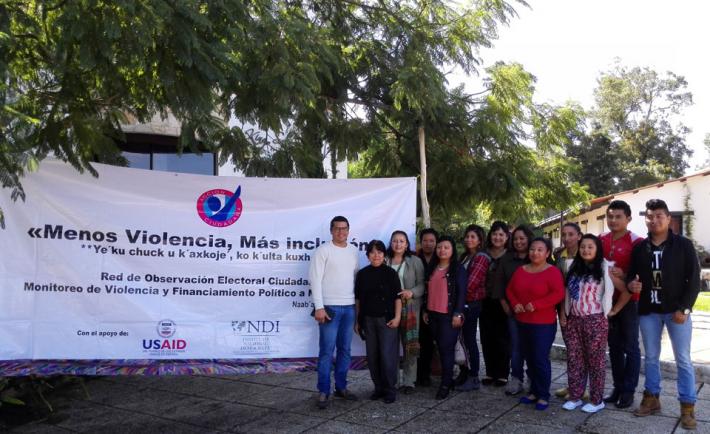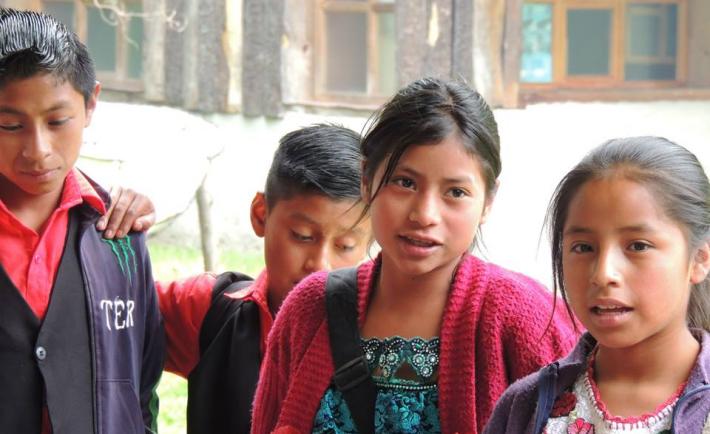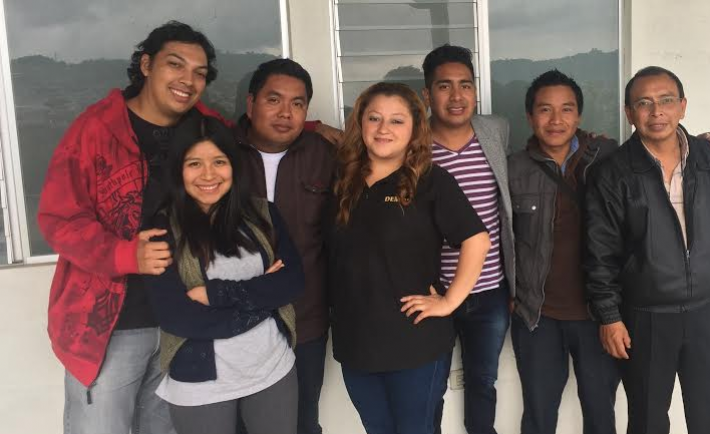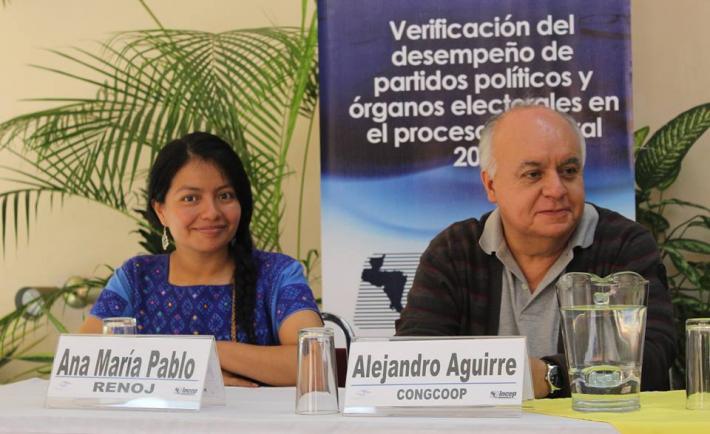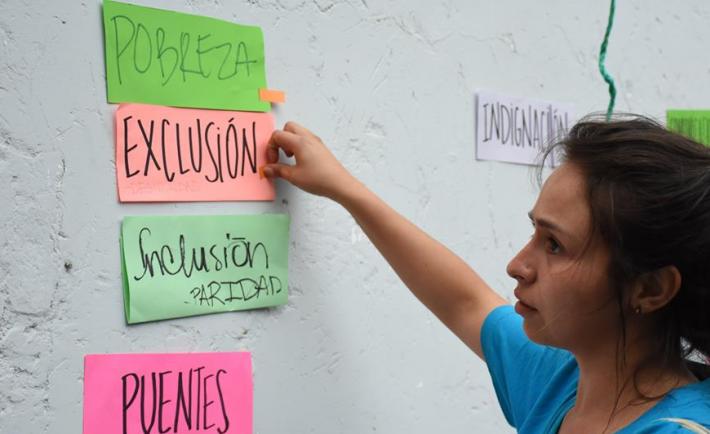Since the Guatemalan elections concluded in October 2015, NDI has held conversations with local partner organizations and observers to better understand their experiences as well as their hopes for their communities and country. Over a series of posts, we will share their stories (available in English, Spanish and various Mayan languages) as a snapshot of the diverse experiences within the organizations and networks.
Acknowledgements
Not Just Observation, Guatemala Election Monitoring Opens Doors to Dialogue and Civic Education
Indigenous Ixil Women Take a Stand Against Gender-Based Violence in Guatemala
Election Observers Promote Tolerance and Transparency in Guatemalan Communities
The Importance of Mayan Languages in Constructing a Democratic Society in Guatemala
Observation Network Unites to Improve the Transparency of Guatemalan Elections
Indigenous Guatemalans Call for Meaningful Representation
From Election Observation to Government Oversight: What’s Next for Guatemala?
Acknowledgements
NDI supported two observation efforts during the 2015 electoral process. The Acción Ciudadana network “More Inclusion, Less Violence” was implemented with support from the United States Agency for International Development. The Mirador Electoral coalition networks received support from the Norwegian Ministry of Foreign Affairs, Swedish International Development Cooperation Agency and United States Agency for International Development.
This blog series is collaborative effort by various people. It is written and edited in English by Sara Barker, Austin Robles and Katherine Conway-Gaffney. The Spanish translation is done by Amanda Beaujon and Stephanie Marie Ruiz and edited by Ricardo Marroquín.
Indigenous language translations are done by: Matilde Terraza (Ixil), Sandra Xoquic (Kaqchikel), Sonia López (K'iche), Leidy Méndez (Mam), Kaxhin Tz’ikin – Eduardo Pablo (Q’anjob’al), and Anixh Ana Pablo (Q’anjob’al)..

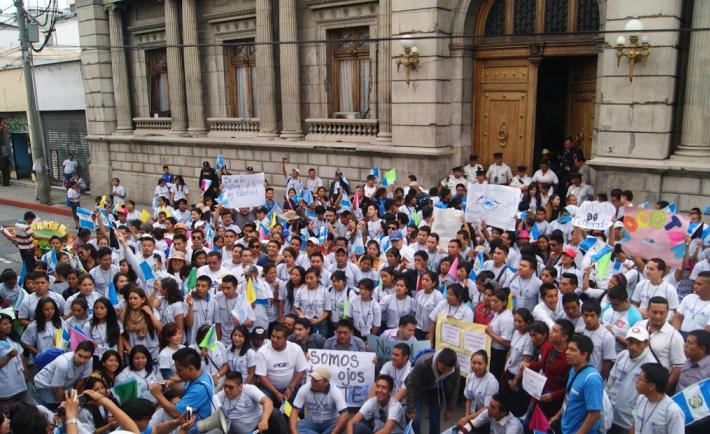
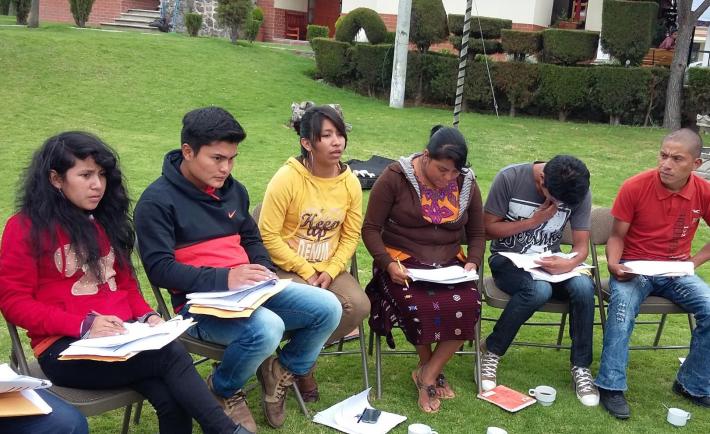
_1_1.jpg)
